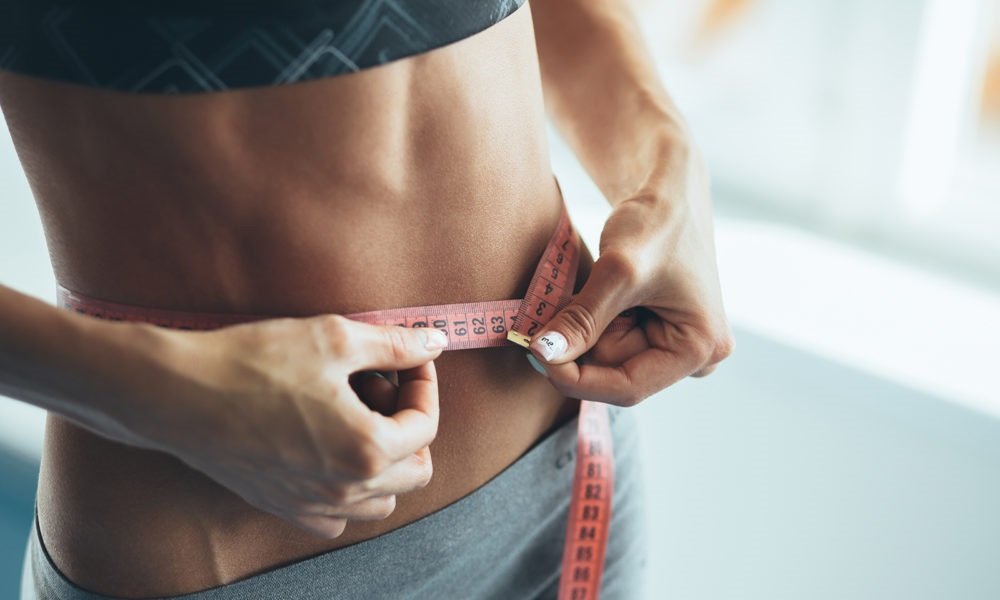A large and ever-growing percentage of the population is overweight or obese – obesity is the accumulation of body fat to such a degree that ill-health is the result. Many people who are overweight desperately want to lose weight and get fit, and most want to know how long it will take them to regain their slim figures and physiques.
So the question is, “How Much Weight Can You Lose In A Month?” The truth is this is not an easy question to answer because several variables need to be taken into account
So to find How Much Weight Can You Lose In A Month, we are going to list the five most important factors that speed up weight loss and make you a fat-burning machine.
The 5 Factors To Find Out How Much Weight Can You Lose In A Month
Degree of food reduction
Inevitably, someone who wants to lose weight will go on a diet, and there are a lot of diets to choose from. Some are very severe and can result in significant short-term weight loss, while others are less severe and result in less dramatic but more sustainable weight loss. Some diets are renowned for very rapid initial weight loss, which then plateaus within a few weeks. This suggests that the initial weight loss was water rather than fat. Slower, more sustained weight loss is more likely to be from fat.
As to which diet is best – the answer is usually the one you can stick to. The best diet in the world will not work; you cannot follow it for weeks or months at a time.
When dieting for weight loss, the biggest enemy is hunger, so the best diet is the one that allows you to eat the most food but still lose weight. Hunger can completely derail your weight loss progress and is best avoided. Exotic food choices, unusual food combinations, expensive ingredients, and costly supplements are also best avoided if you want to increase your chances of success.
How much weight you have to lose
The more fat you have to lose, the more quickly you will usually lose weight initially. If you are significantly overweight, it would suggest you have been overeating to the tune of thousands of extra calories per day. Following even a moderate diet will subsequently result in a rapid weight loss because, previously, you were eating so much food. However, as your body weight drops, the calorific deficit will become less dramatic, and weight loss will slow; unless you reduce your food intake again, it may even plateau. Dieters often complain that the last few kilos are the hardest to lose – and now you know why!
How active you are
Your body uses calories for energy – either from the food you eat or your stores of body fat. If you have created a calorie deficit through eating a restrictive diet, you can burn more calories by being more active. On the one hand, you could walk everywhere, have a physically demanding job, hit the gym three times a week, and spend very little time sitting down, or you could spend your entire day sitting in front of your computer and barely move a muscle. While you can lose weight through diet alone, your weight loss efforts will be much more successful if you include physical activity in your daily routine. The more active you are, the higher your weight loss potential will be.
How muscular you are
Your body weight is made of several types of tissue – predominately bones, muscles, water, and fat. Of these four, only muscle uses calories to any great degree. If you have a lot of muscle on your body, your daily calorie expenditure will be higher than someone who is less muscular, even if they are the same weight as you. This is why strength training and not just cardio are essential for weight loss. It is estimated that a single kilogram of muscle is worth an additional 88 calories per day, so it’s clear that being muscular will help you lose weight faster.
Your genetics
Your genetics and your body type are all but set in stone, and both can affect how easily you gain and then lose body fat. This doesn’t mean you can’t lose fat and that less than ideal genetics is an excuse for being overweight, but it does mean you might have to work a little harder or smarter than your genetically blessed neighbor. Body types are divided into three main categories
Mesomorphs – most likely to be muscular and lean
Ectomorphs – most likely to be slender and lean
Endomorphs – most likely to gain weight easily
It’s rare to anyone who falls exactly into only one of these categories – most of us are an uneven blend of two or three – but having an endomorphic tendency does mean that you have a susceptibility to gaining and retaining fat.
The bottom line
With so many variables in play, it is really impossible to say how much weight can you lose in a month. While a genetically blessed, hard exercising, strict dieting but initially overweight person could lose as many as 10 kilos in 30 days, a less genetically blessed and more sedentary individual prone to dietary lapses might only lose two kilos.
There are factors at play that you have complete control over (diet and activity levels) and others that you do not (genetics), so simply do your best, and you’ll get the results you deserve. Ultimately, even with less than ideal genetics, you can still lose weight if you apply yours.

